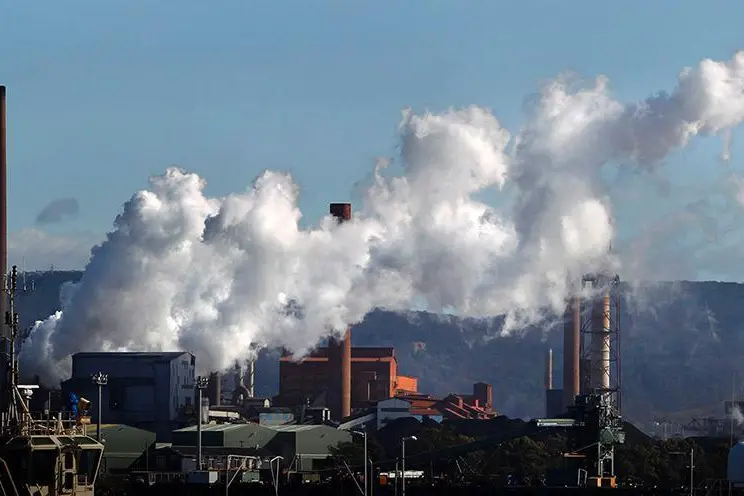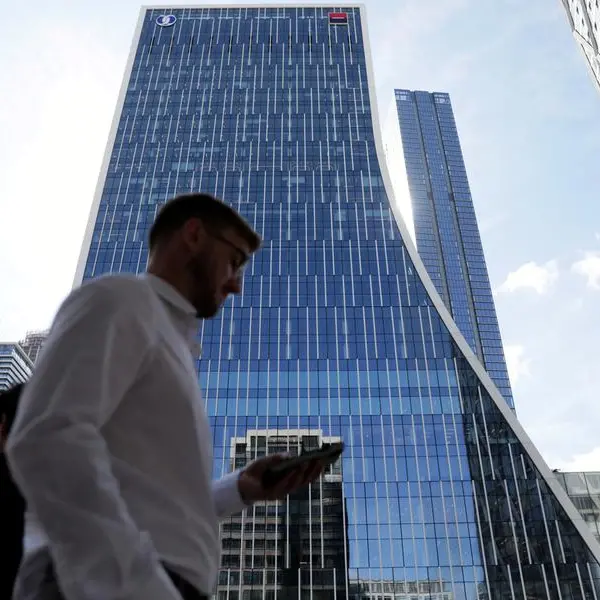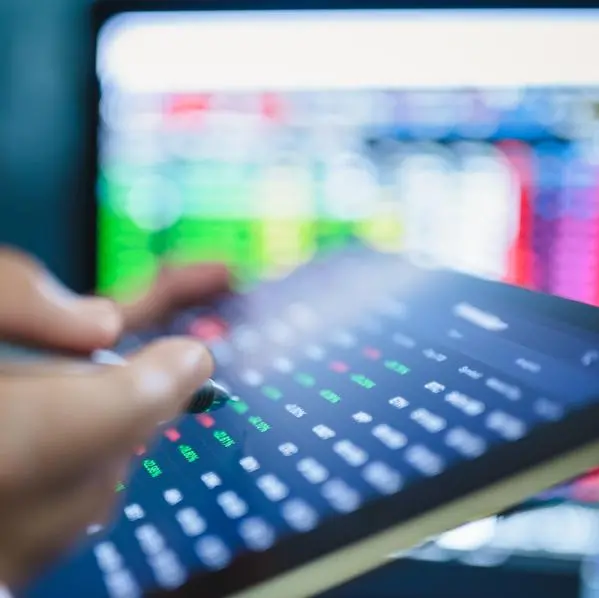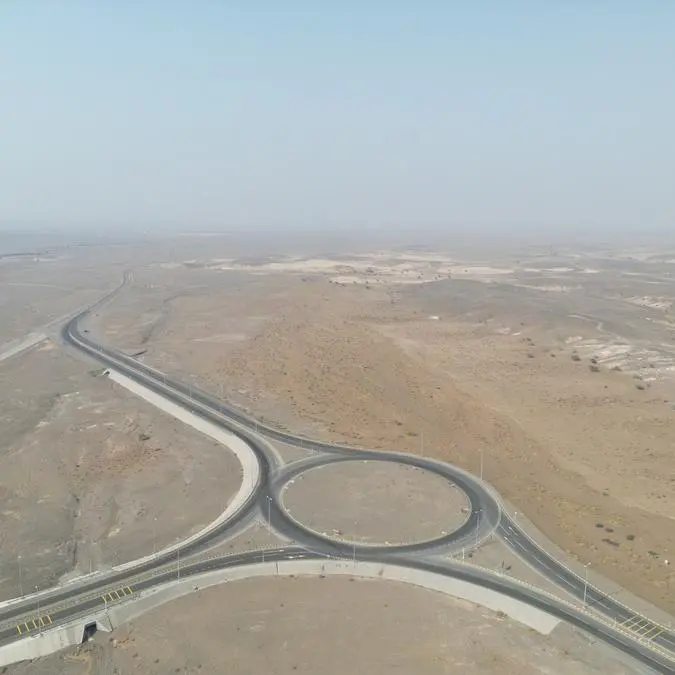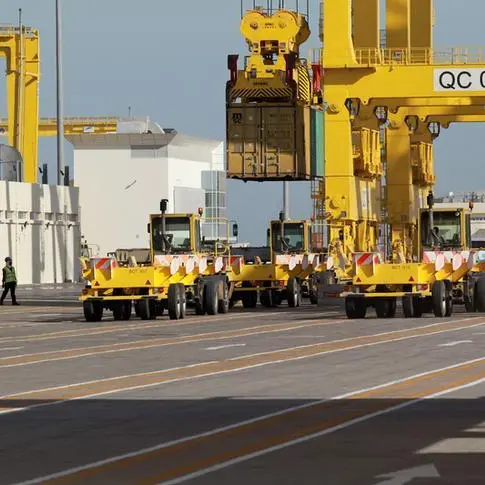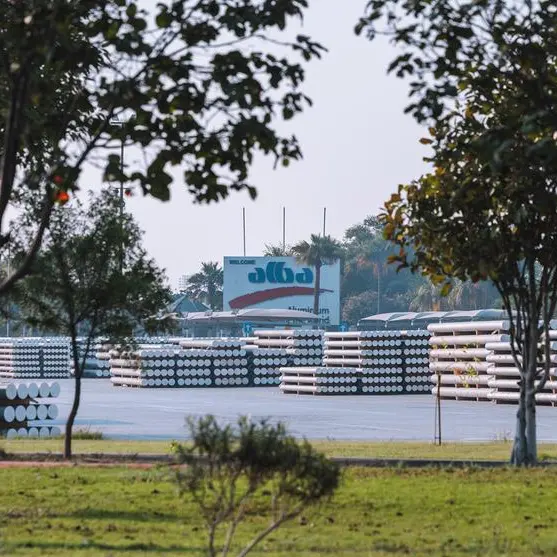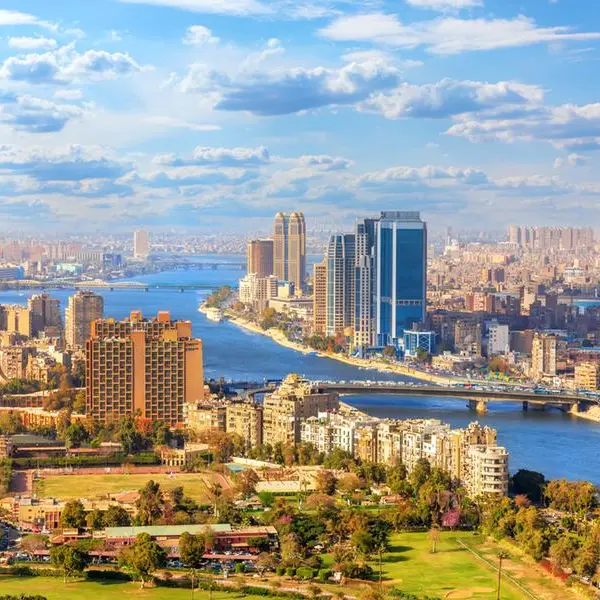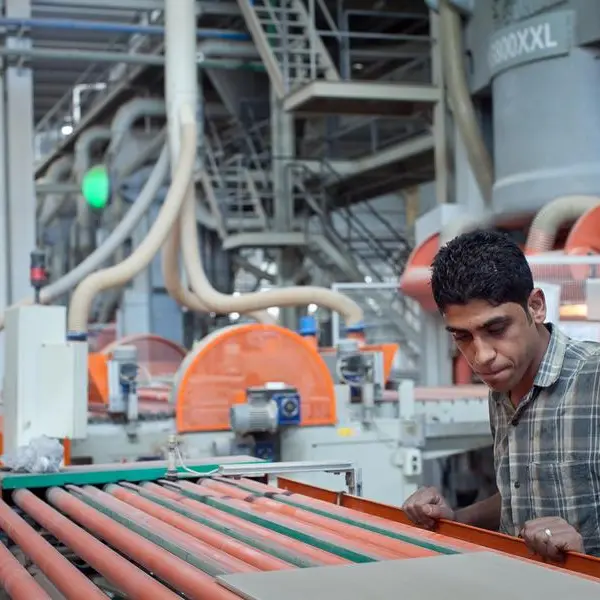PHOTO
Qatar-based Global Carbon Council (GCC), MENA’s only voluntary carbon market, will be launching regulatory frameworks for several types of carbon reduction projects this year in anticipation of exponential growth for carbon credits, a top official said.
As the first and only internationally operating active voluntary carbon programme in the Global South, GCC serves as a regulatory body responsible for registering low carbon projects and converting carbon emissions into tradable carbon credits, where one credit equals a tonne of emissions reduced, removed, or avoided.
GCC’s Chief Operating Officer Kishor Rajhansa told Zawya Projects that by mid- June, the Council is planning to launch regulatory frameworks for Carbon Capture and Storage, Carbon Capture and Utilisation, Direct Air Capture and battery storage projects, and a Permanence Tool and regulatory framework for Nature-Based Solutions.
Additionally, GCC is framing methodologies for renewable energy-based desalination plants, water-saving projects, and scaling up energy-efficient buildings and neighbourhoods.
“We are receiving excellent responses from around the world,” he said.
Rajhansa led the standards team at Clean Development Mechanism (CDM), a market-based mechanism adopted under the Kyoto Protocol, for ten years at UNFCC before joining GCC.
Globally, GCC is recognised by International Carbon Reduction and Offset Alliance (ICROA), an apex organisation overseeing best practices in voluntary markets, and the Carbon Offsetting and Reduction Scheme for International Aviation (CORSIA), run by the International Civil Aviation Organisation (ICAO).
“The only other programme that is ICROA and CORSIA approved in the Global South is the China GHG Voluntary Emission Reduction Programme, which has yet to become fully operational and is mostly domestic in nature,” said Rajhansa.
He said he foresees enormous potential for carbon credits in MENA as solar, blue, and green hydrogen, emission reduction, and waste management projects are taking off in the region, and all qualify for credits.
“Right now, 4-5 projects have been submitted to us, but there are at least 20-25 projects from MENA under discussion…some of them are big…. looking beyond 100,000 tonnes of CO2 reduction per year,” he said.
GCC had issued 133,000 credits since 2020, when it started receiving carbon reduction projects.
The GCC executive said the Council had received about 200 projects with 121 projects evaluated and 80-85 projects yet to go through public stakeholder consultation.
“These quantify to about 40-50 million credits, but conservatively, we hope to conclude about 20 million credits by year-end as several projects are in the verification and request for registration stages,” he said.
“We expect to receive 400-500 projects by mid-2022, and 600 by end-2022,” he disclosed.
The Taskforce on Scaling Voluntary Carbon Markets expects the market for carbon credits to be worth upward of $50 billion in 2030.
How does it work?
Project owners submit their emission reduction projects to the GCC for verification and approval. The Council follows its regulatory framework, programme manuals, project standards, verification standards, and methodologies to ensure credibility and follows the best practices of CORSIA and ICROA to evaluate a project.
“Stringent methodologies developed by GCC and CDM can be used to determine baseline and monitoring of projects and emission reduction calculations,” he said.
After evaluation and approval, the project is registered, and credits are issued into the GCC registry operated by the IHS market, where buyers and sellers have accounts. Sellers sign an emission reduction purchase agreement with buyers at a mutually agreed price, and GCC facilitates the credit transfer between the two parties.
“My assumption is most transactions are happening through emission reduction purchase agreements signed in advance of issuance or registration, [which is] a sign of market demand for GCC-issued credits,” he said.
Rajhansa underlined that the GCC does not have any role in pricing credits or commercial transactions.
“Our role is to give an independent opinion on whether the project meets the rules of a carbon offset programme; the project is real, additional (which is a criterion that requires project owners to prove that emissions reduction would not have taken place in the baseline situation) and verifiable; the monitoring protocol was followed, and the instruments were properly calibrated; and whether it is a business-as-usual or an additional project.”
He noted that project owners must prove Additionality to show that the project is worthy of being considered an offset project with the Council responsible for ensuring the environmental integrity of the project.
He said the GCC Carbon Finance Facility to be launched in 2022 is a significant development.
“Decisions on new climate actions are now being made after considering carbon revenues into project cash flows. Carbon credits are letting those decisions happen which would not have happened otherwise,” he said, adding that the amount of carbon finance a project can raise will depend on the type of mitigation activity and the price of credits.
The next step, he continued, would be to connect carbon exchanges to the GCC carbon registry to facilitate spot trading of credits.
“Several exchanges including CBL and Air Carbon Exchange have applied to GCC. Before IHS Markit and GCC approve the connection, we would like to ensure the integrity of the transactions and tracking of the credit life cycle from issuance to retirement,” he said.
The regulator is also playing an active role in implementing the IHS Markit Meta Registry, which connects voluntary carbon markets globally, and the World Bank Climate Warehouse, a meta registry for sharing and tracking climate markets data across systems. Additionally, it is working on double accounting guidelines closely linked with the next stage of CORSIA approval (2021-23) and the International Transfer Mitigation Outcomes (ITMO) Registry.
(Reporting by Sowmya Sundar; Editing by Anoop Menon)
